17 GPTs for Cognitive Therapy Powered by AI for Free of 2026
AI GPTs for Cognitive Therapy refer to advanced generative pre-trained transformer models specialized for applications in cognitive therapy. These AI tools are designed to understand, generate, and process language in a way that supports therapeutic goals, providing customized interactions and content. They are used to facilitate cognitive behavioral interventions, offer psychological support, and enhance mental health treatments through conversational AI. Their relevance lies in their ability to offer scalable, accessible, and personalized cognitive therapy solutions, making mental health support more widely available.
Top 10 GPTs for Cognitive Therapy are: 42master-Beck,Aya Lumen,Eva,Insight Mentor,Inquiry Guide,Childhood Trauma Repair,Thought Record,Prefrontal Cortex Extension (ECPF),Fear Navigator,安藤 心
42master-Beck
Empowering mental health with AI.
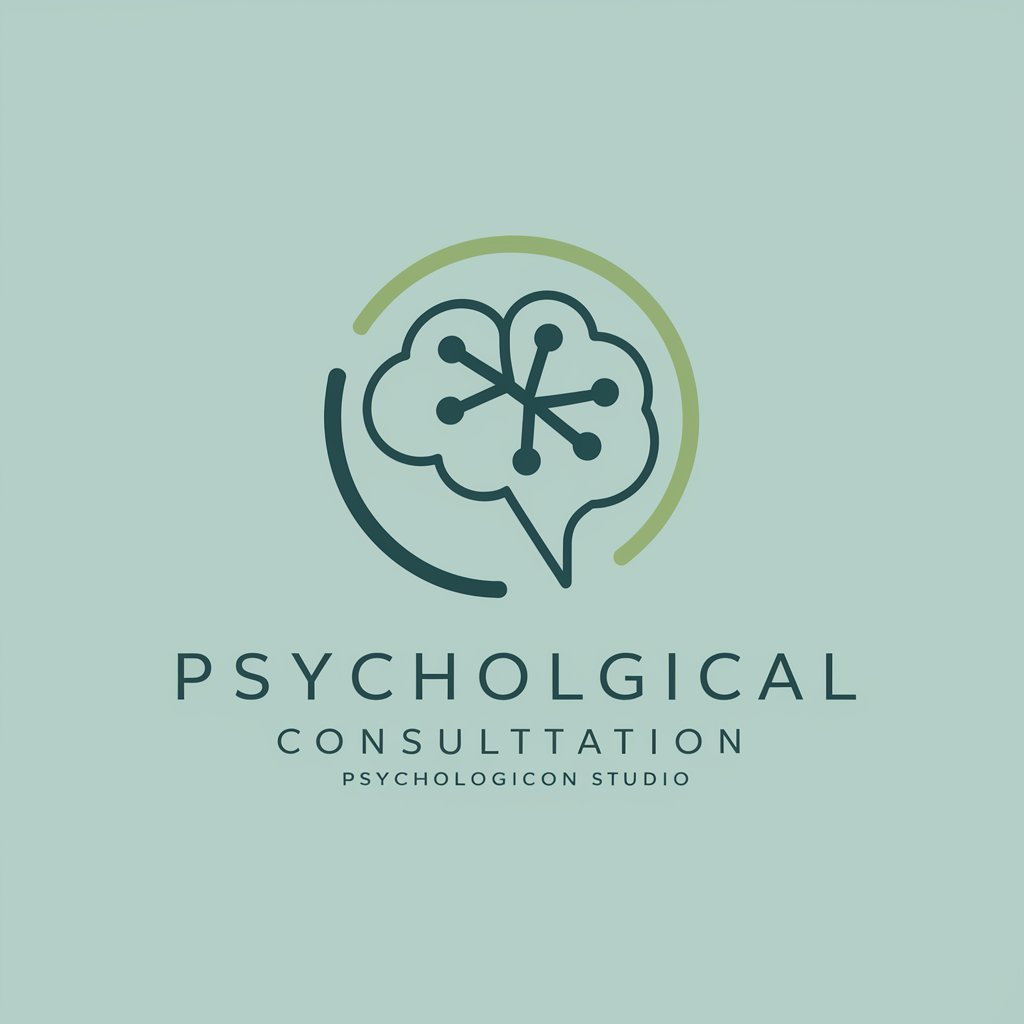
Aya Lumen
Explore Your Mind, Challenge Your Beliefs

Eva
Empowering anxiety management with AI

Insight Mentor
Clarify Thoughts, Detect Distortions

Inquiry Guide
Reflect, Discover, Grow with AI

Childhood Trauma Repair
Heal Trauma with AI Guidance

Thought Record
Rethink Thoughts with AI Guidance
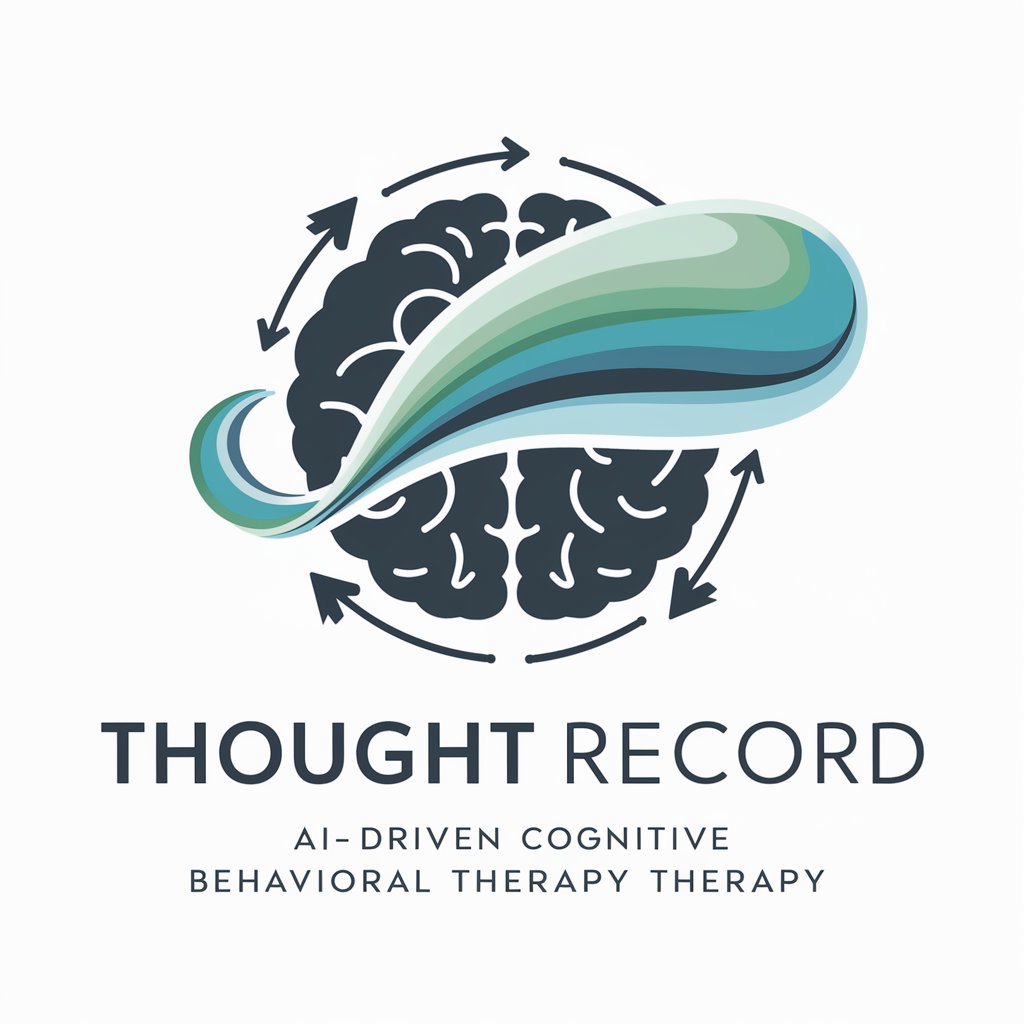
Prefrontal Cortex Extension (ECPF)
Enhance your mind with AI
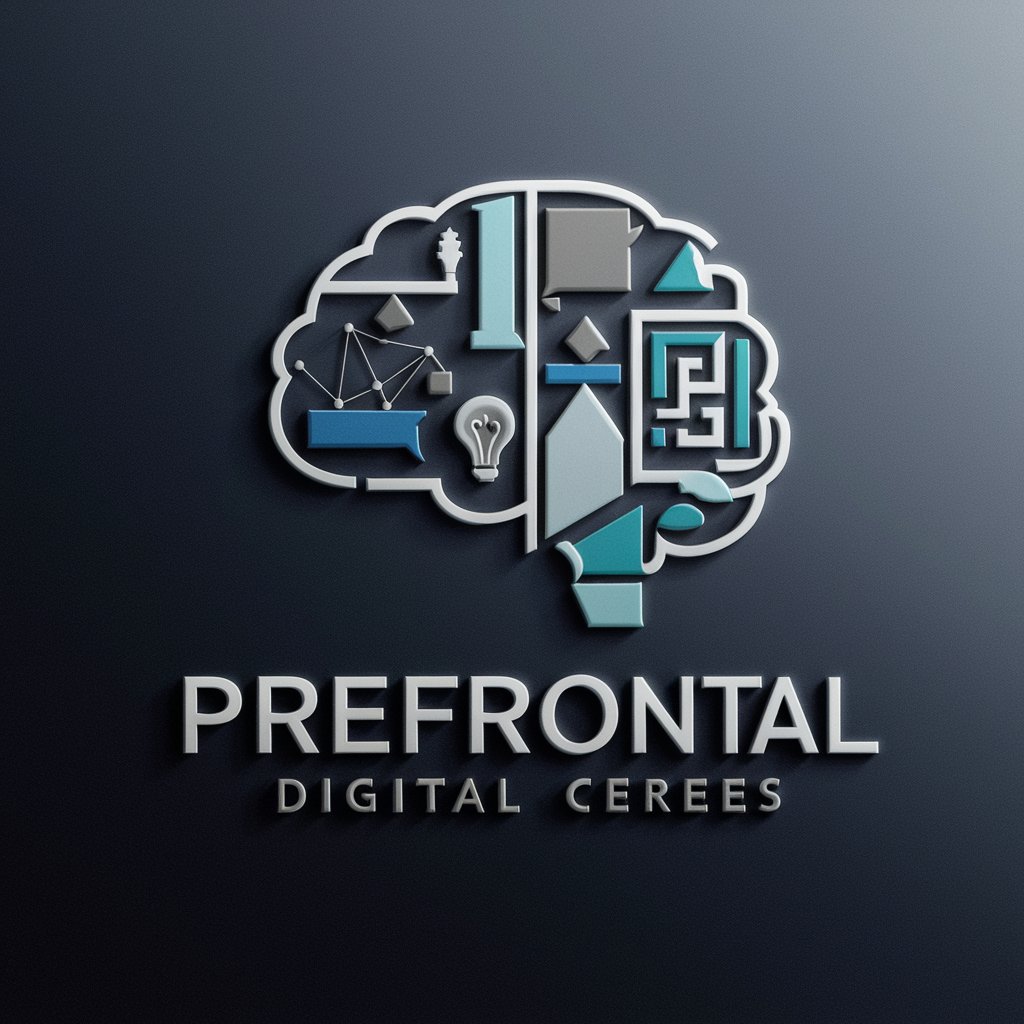
Fear Navigator
Conquer fears with AI insight
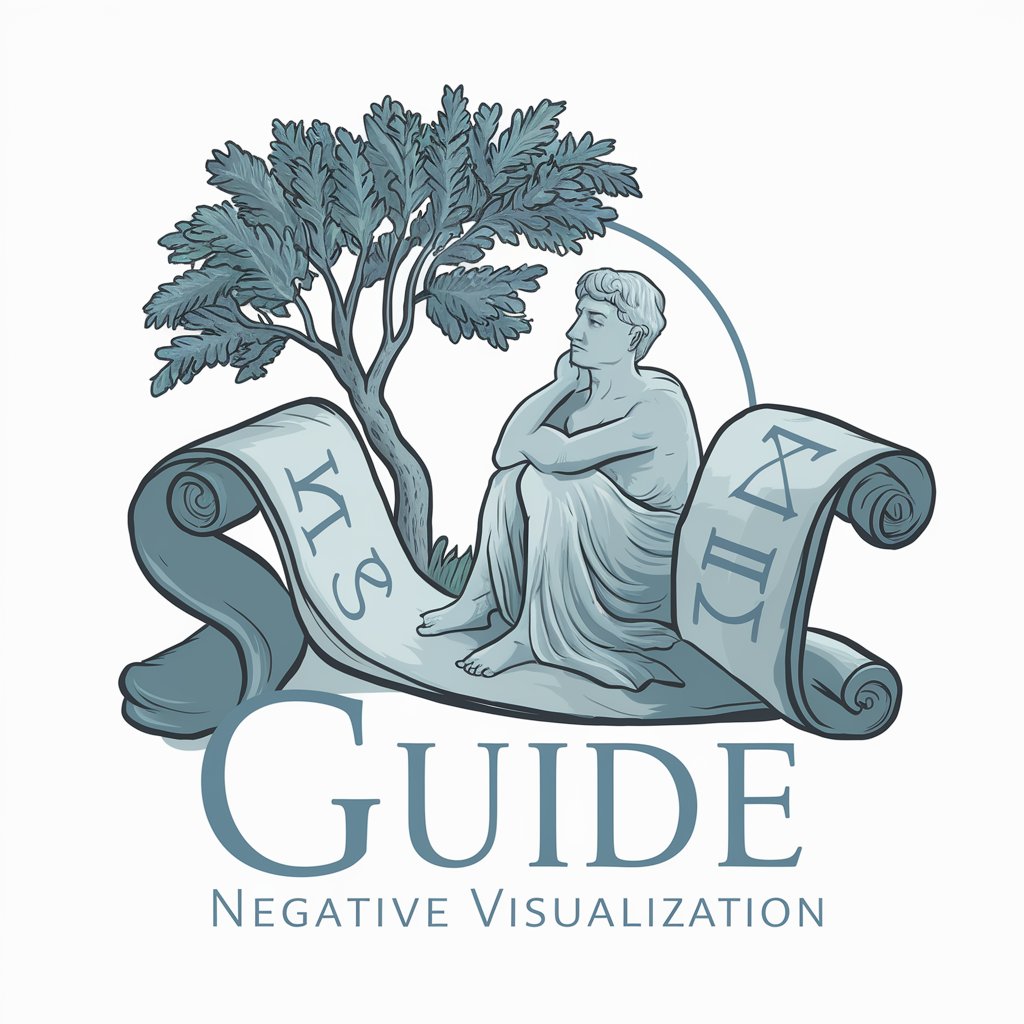
安藤 心
Navigate Your Thoughts with AI
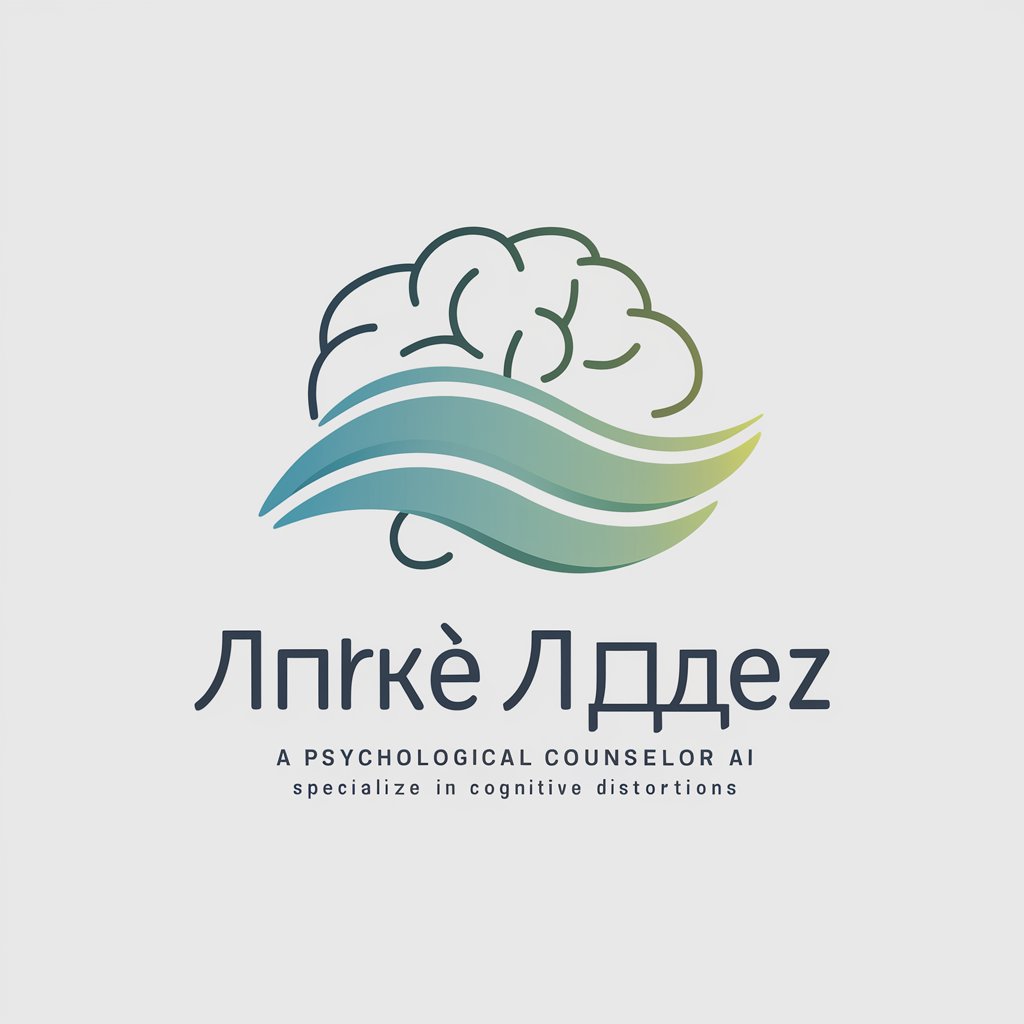
Negative Thoughts
Transform Thoughts, Harness Positivity
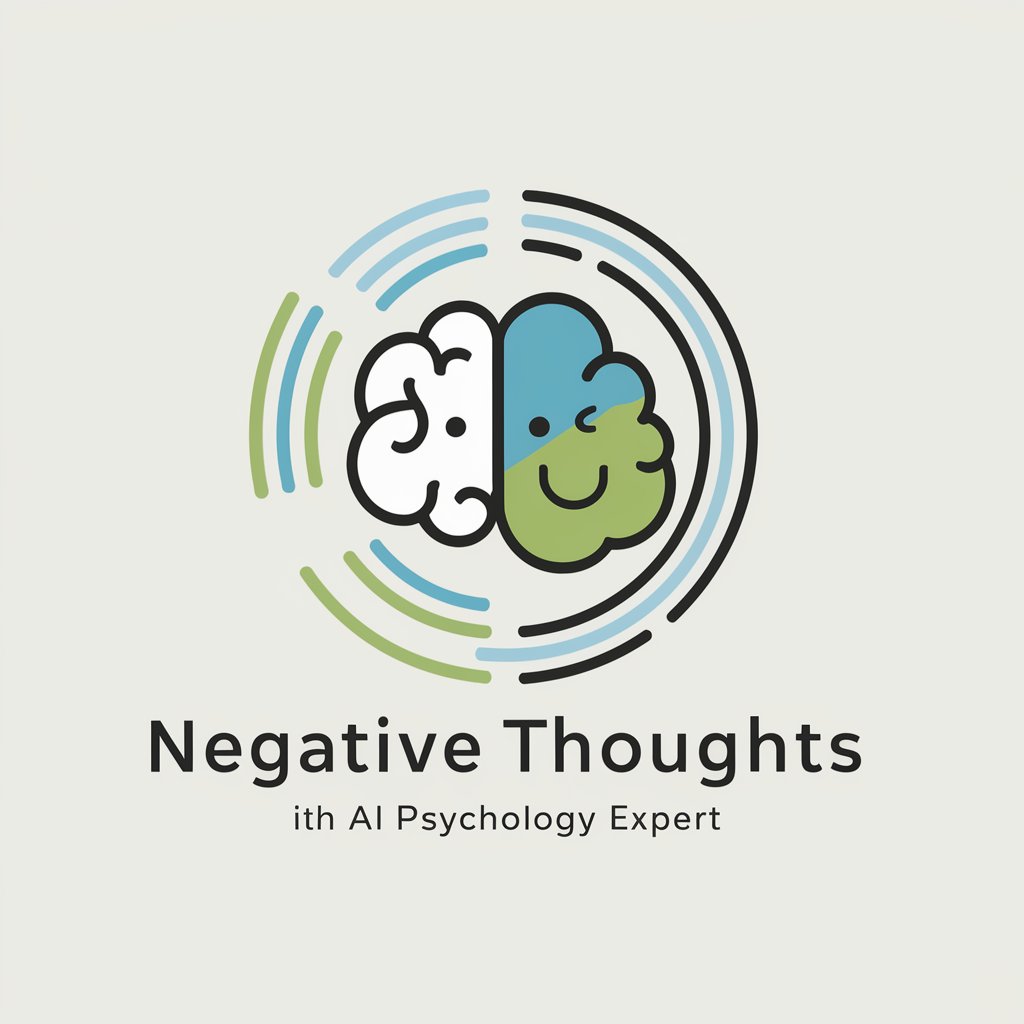
Mindfulness
Harness AI for Mindful Living

Therapist
Enhance Your Mental Wellness with AI
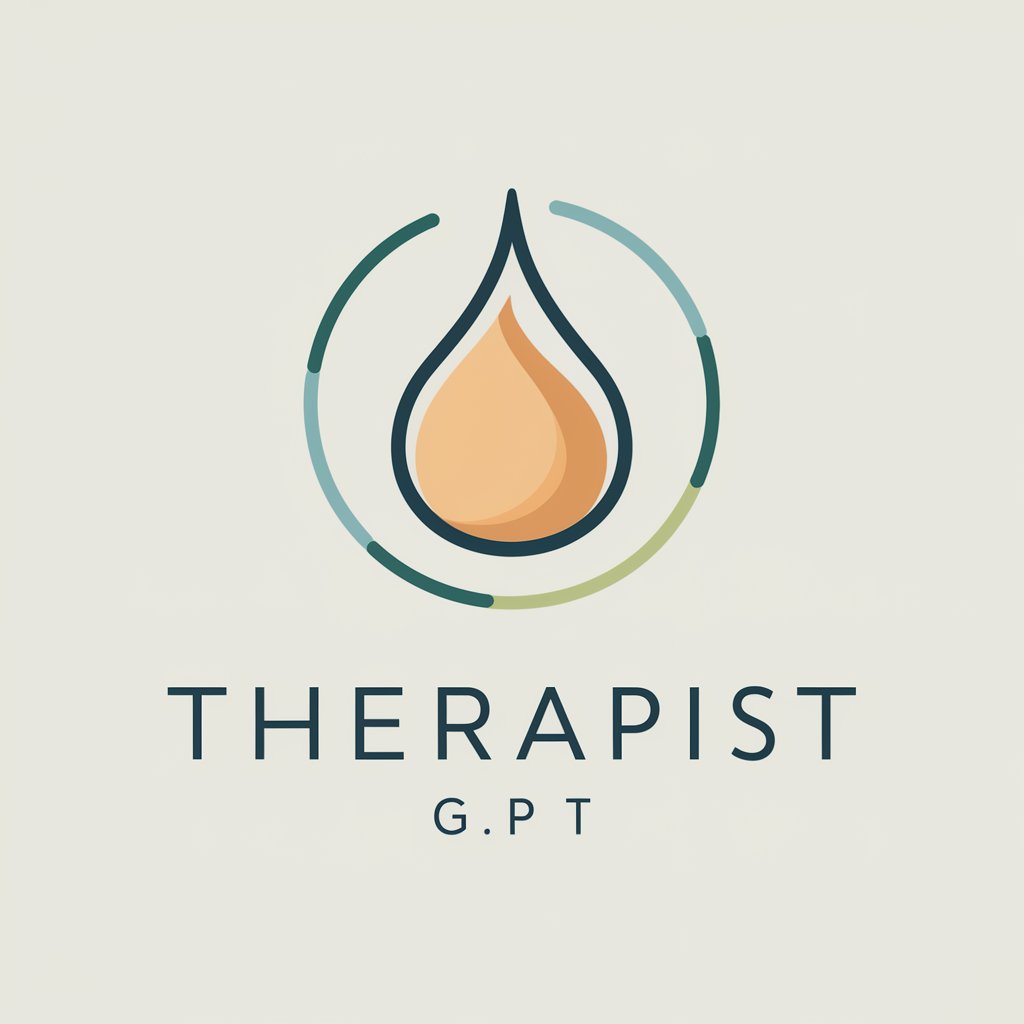
Short and Long Term Memory Mentor
Boost Your Memory with AI-Powered Training
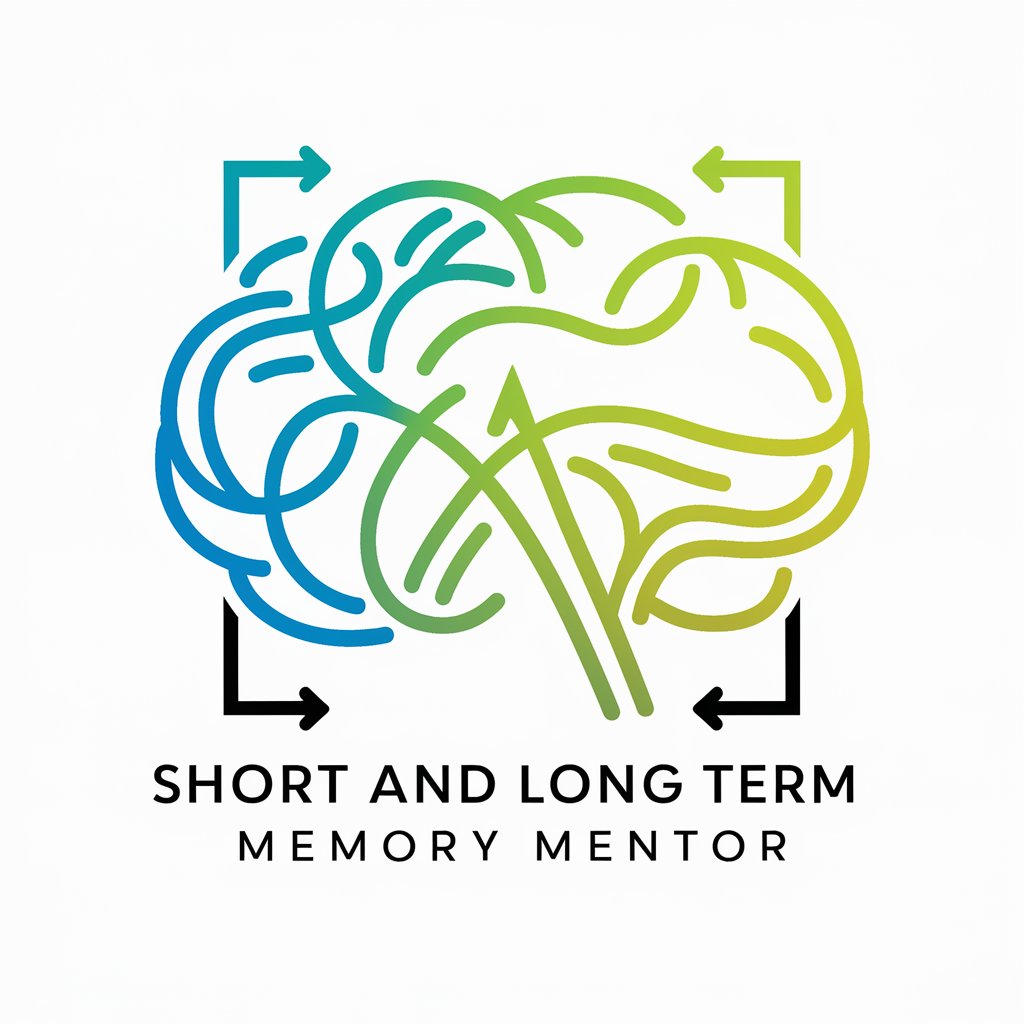
心理治疗师LISA
Empathetic AI for Your Mental Health

Overthinking is Under Feeling
Enhance your emotional intelligence with AI.

Control Centerpoint
Empower change with AI-driven control insights
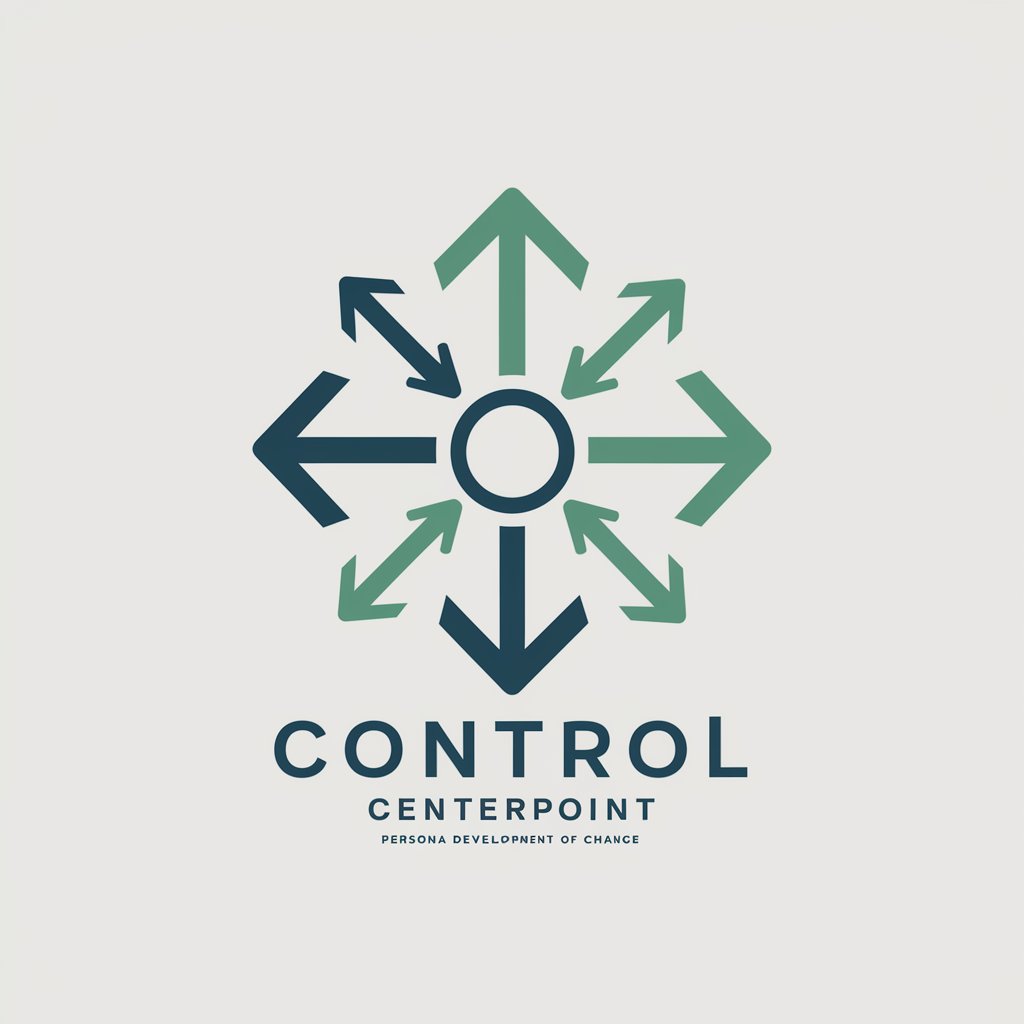
Key Features of AI GPTs in Cognitive Therapy
AI GPTs tools for Cognitive Therapy boast a range of unique characteristics including adaptability to individual user needs, from basic supportive interactions to complex therapeutic dialogues. Special features include natural language understanding and generation for engaging conversations, technical support for professionals in the field, web searching capabilities for evidence-based therapy, image creation for therapeutic exercises, and data analysis for monitoring progress. These capabilities enable the tools to provide comprehensive support tailored to the cognitive therapy domain.
Who Can Benefit from Cognitive Therapy AI Tools
The primary beneficiaries of AI GPTs for Cognitive Therapy include mental health professionals seeking to augment their therapeutic practices, individuals looking for self-help mental health tools, and developers interested in creating applications for mental wellness. These tools are designed to be accessible to users without technical backgrounds, while also offering advanced customization options for tech-savvy individuals and professionals.
Try Our other AI GPTs tools for Free
Creative Technology
Discover how AI GPTs for Creative Technology revolutionize creative workflows, offering innovative, adaptable solutions for content creation, problem-solving, and more.
Lean Methodologies
Discover how AI GPTs for Lean Methodologies can transform your Lean practices with advanced data analysis, automation, and tailored support for continuous improvement.
Live Updates
Discover AI GPT tools for Live Updates: Real-time information solutions for professionals and novices alike, featuring multilingual support, data analysis, and seamless system integration.
Recipe Sharing
Discover how AI GPTs for Recipe Sharing revolutionize the culinary world, offering personalized recipes, culinary advice, and creative inspiration for food enthusiasts and professionals.
Craft Tips
Discover AI GPT tools for Craft Tips: your AI-powered companion for creative crafting solutions, tips, and tutorials tailored to your needs.
Physics Calculations
Discover AI-powered GPT tools for Physics Calculations, designed to simplify complex problems and enhance learning and research in the field of physics.
Expanding Horizons with AI in Cognitive Therapy
AI GPTs as customized solutions in cognitive therapy underscore the potential for technology to revolutionize mental health support. These tools are not only enhancing the therapeutic landscape through accessible and personalized care but are also paving the way for seamless integration into existing health systems, offering intuitive interfaces that both practitioners and clients can navigate with ease.
Frequently Asked Questions
What exactly are AI GPTs for Cognitive Therapy?
AI GPTs for Cognitive Therapy are artificial intelligence models trained to provide support and interventions in the mental health domain, using natural language processing to simulate therapeutic conversations.
How do these tools customize therapy?
These AI models personalize interactions based on user inputs, adapting responses and content to meet individual therapeutic needs and preferences.
Can these AI tools replace human therapists?
While AI GPTs can complement therapy by providing additional support, they are not designed to replace human therapists but rather to augment therapeutic practices.
Are there privacy concerns with using AI in therapy?
Privacy and confidentiality are paramount, and these tools are developed with secure measures to protect user data, adhering to health information privacy standards.
How accessible are AI GPTs for Cognitive Therapy?
These tools are designed for wide accessibility, available through various platforms and devices, ensuring users can receive support whenever needed.
Can developers integrate these tools into existing apps?
Yes, many AI GPTs offer APIs and development kits allowing for seamless integration into existing health platforms and applications.
What technical skills are required to use these AI tools?
No technical skills are required for end-users. Developers can utilize provided documentation and APIs for customization and integration.
What future developments can we expect in AI for Cognitive Therapy?
Ongoing advancements in AI and natural language processing will enable more nuanced and effective therapeutic interactions, including better personalization and understanding of complex emotional states.